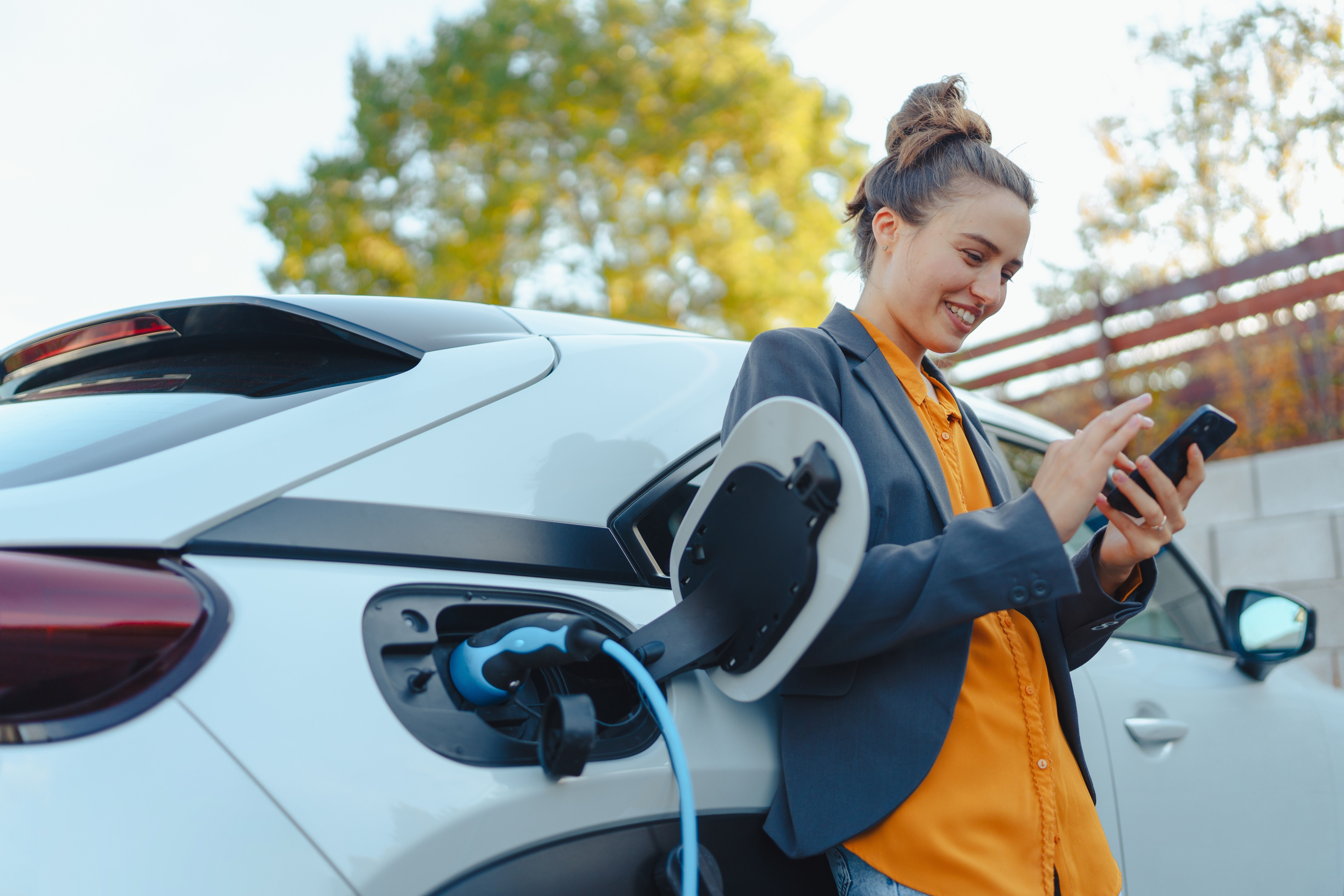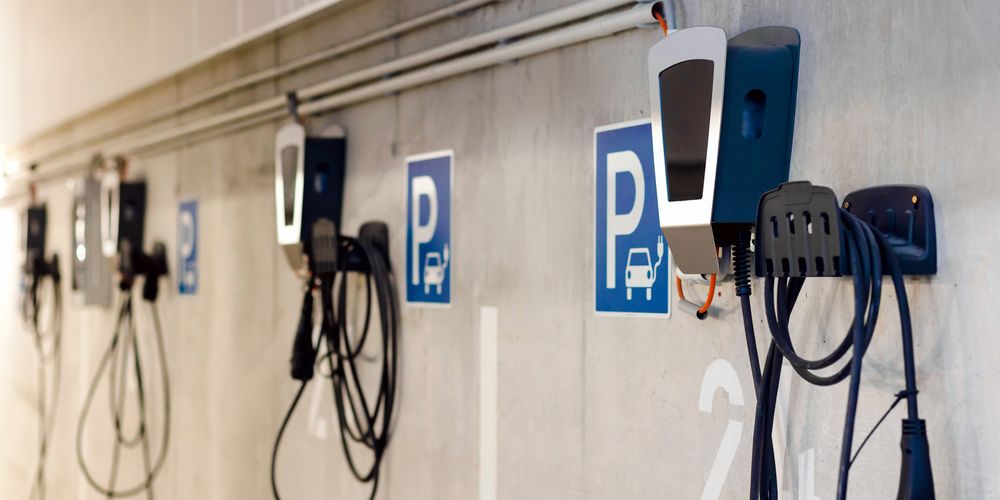How to have an EV charger installed in Ireland
Home charging offers EV owners in Ireland a convenient and affordable way to keep their electric car charged. In many cases, the cost of a home charger can be offset with a grant, while the entire process can be completed in a few weeks.
Why Irish motorists want EV chargers
Electric cars have become an increasingly common sight on Irish roads in recent years, with most owners opting to keep their EVs topped up with a home charger.
Home chargers are popular with EV owners for being one of the most affordable ways to run an electric car, and their convenience allows owners to skip the queues at charging stations for all but the longest journeys.
A dedicated home charger is best for homeowners with access to off-street parking, and is a faster, safer and more convenient option than the cables that can be plugged into regular sockets that come with most EVs.
Also read: 10 benefits of home EV chargers
What are the most common home EV chargers in Ireland
There are a number of options to suit your charging needs, with power outputs generally ranging from 7.4kW to 22kW.
The most common charging option is a 7.4 kW Level 2 wall-mounted charger. A full charge takes around 6–8 hours with this kind of setup.
However, there are also options for users who won’t be as reliant on being able to top up their EV batteries at home, and also for those who want to be fully charged in 2–5 hours (if their home has the right power supply).
Read more: Different types of EV charger
How much does it cost to have a charger installed?
The average cost of purchasing and installing a home charger is around €1,050 , but a €300 grant is available from the Sustainable Energy Authority of Ireland (SEAI).
Furthermore, the total cost will depend on the output, the type of charger you have installed, the complexity of putting it in, and whether you pay extra for the convenience of smart features.
Can I install the charger myself?
You will need to have your EV charger installed by a qualified electrician, not just for safety reasons but also to ensure that you don’t void its warranty and miss out on any grants.

Each installation is slightly different, meaning an experienced installer will provide the best solution to support your needs.
Furthermore, a trusted and experienced supplier will be able to walk you through the process of obtaining a grant. We can help put you in touch with up to four trusted EV charger installers in your area.
Having the charger installed
Once you’ve found an approved installer, having the charger fitted will typically involve a few steps:
1. Surveying the site
- The installer will assess your property to find the best spot for the charger, considering proximity to the fuseboard.
- They will determine whether any groundwork or wallwork is needed.
- The installer will guide you through the SEAI grant application process and confirm your property’s eligibility.
2. Quote and planning
- You’ll receive a quote once the installer knows the charger type, placement, and any required work.
- You and the installer will agree on a date for the installation.
3. Installation
- The fitter may inspect your fuseboard to check for required main earth bonding or a dedicated circuit.
- The charger will be mounted on a wall or post near your EV’s parking spot.
- They’ll run cables to the charger, potentially drilling through walls or using trunking where needed.
- An earth rod may be necessary at some properties.
- The installer will perform electrical testing and verify that the charger functions correctly.
4. Claiming the grant
- You’ll receive a certificate of installation to confirm compliance with regulations.
- The installer will help you set up smart features, such as Wi-Fi connection and the mobile app.
- They will submit the Completion Certificate 3 online so you can claim the SEAI grant.
How long does installation take?
The whole process, from the very first chat with an installer to receiving the SEAI grant after the installation and paperwork has been done, can be completed in a few weeks.
If you’re applying for the SEAI grant, you’ll need to wait around a week for approval before work can be carried out.
The installation should only take half a day in most cases, although more complex jobs will still only take around a day.
Receiving the grant
After installation, you’ll wait anywhere from a few hours to a couple of days to receive the electrical compliance certificate required to claim the SEAI grant.
You then submit your payment request form along with the invoice, photos of the installed charger, Completion Certificate 3 and Test Record Sheet. Between four and six weeks after this, you can expect the grant to be paid out.
Before deciding on an installer we always recommend speaking with several trusted local fitters before making a decision.
If you fill out the short form with your details, we’ll connect you with up to four local EV charger suppliers who can offer advice, pricing, and installation options tailored to your needs.





